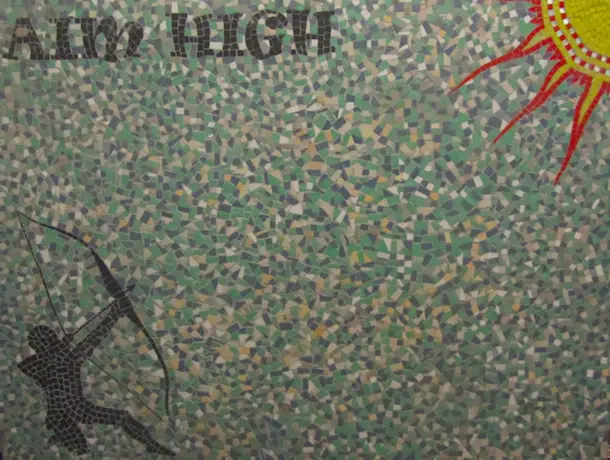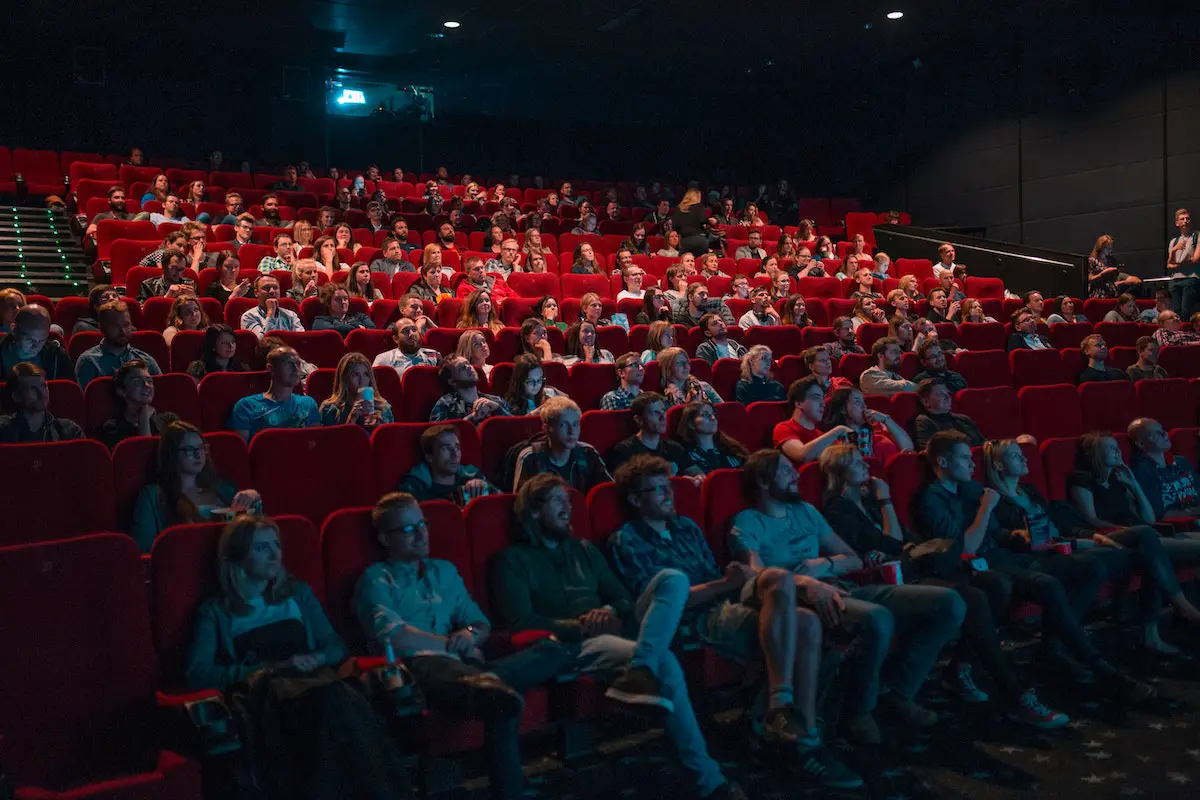The Challenge of Creating Accessible Cities: Our Next #citytalk
Cities are rightly celebrated for being diverse areas where people of different abilities and cultures can co-exist. However, creating accessible cities through spaces and experiences for residents and visitors with wildly different abilities can be difficult. With London gearing up to welcome millions of people to the city for a second round of sporting spectacle, we thought it was the ideal time to host a #citytalk tweetchat about urban accessibility.
Most cities have long histories, with many buildings leftover from a time where lifts, ramps, and other accessibility features either hadn’t been invented or weren’t considered. Many buildings have been retrofitted in recent years, either as a result of legislation or choice, and some cities have taken a major leap forward in improving building accessibility. But is this progress enough? Which cities are doing it well, and which could be doing a better job? And as far as heritage buildings are concerned, is maximum accessibility more important than historical preservation? Can the two respectfully co-exist?
Transport is another critical area when considering accessible cities, which is why we’re thrilled that Transport for All – a charity campaigning for a fully accessible, reliable and affordable transport network for disabled and older Londoners – will be co-hosting Wednesday’s #citytalk. London and other cities, like Cape Town, have made positive progress in making their transport networks more accessible, introducing ramps on buses and trains and lift access to stations, but has the full transport journey been considered? Is signage clear enough for those who are partially sighted? Are accessible alternatives easily available? And what about the next stage of a journey, such as pavements and road crossings?
Access to information is an equally important component of an accessible city. Information about urban services and operations is available for citizens and visitors, but how can you ensure as many people as possible can access it? How do citizens benefit from city support or grants if they do not know where to find information, or information is not shared in a way that promotes easy access to services? Though technology has made information more accessible for some, it has alienated others. How can this be avoided?
Cultural accessibility is similarly important. Cities are home to almost every cultural activity imaginable, which those with less disposable income often find themselves priced out of. What can cities do to promote access to cultural events in untraditional ways, allowing them to reach an audience who may otherwise not have been reached? And does true cultural accessibility mean catering for all cultures, or simply ensuring some cultural events are more broadly accessible?
Join This Big City, Future Cape Town and Transport for All on August 29th at 7PM BST/8PM CET+SAST/2PM EDT for a #citytalk tweetchat on Accessible Cities. Guy Davies from Disability Solutions will be joining the discussion, and we hope to also hear your views on creating accessible cities. For information on how #citytalk works, click here.


